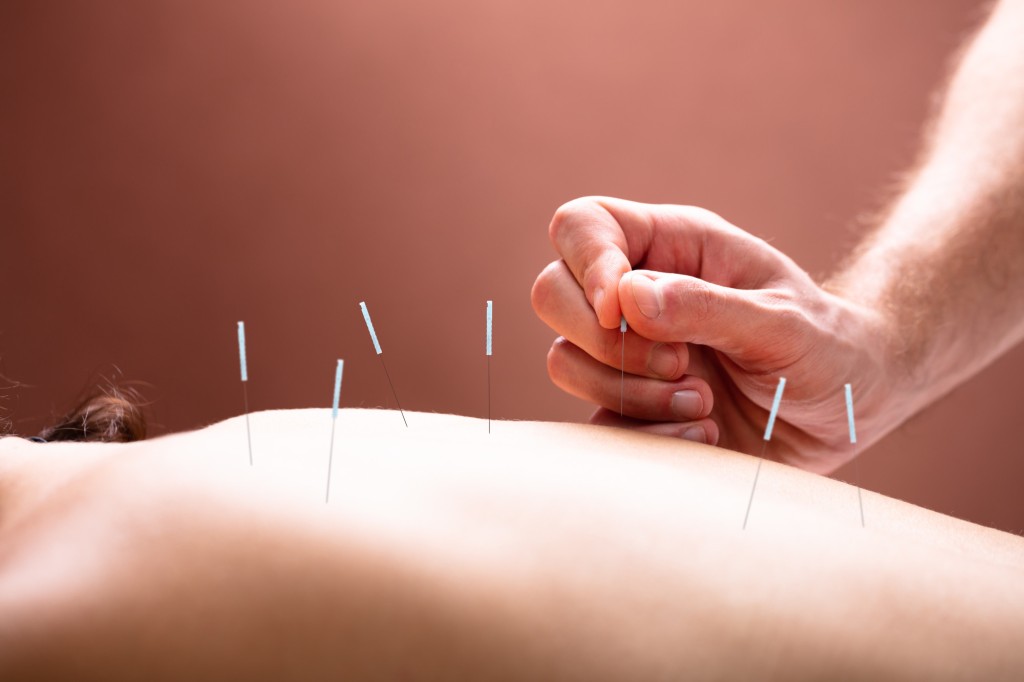
Acupuncture is an ancient practice that includes insertion of needles into specific locations in the body. It has been found effective in reducing bodily pain and improving overall health. The main purpose of acupuncture is to improve the flow of energy in the body. This process also helps the body in detoxification and regulation of the digestive system.
There are currently two types of Medicare insurance plans that cover acupuncture: Original Medicare and Medicare Advantage. Original Medicare requires that the patient pay 20 percent of the service fee after the deductible is paid. If the condition worsens or there is a drop in the number of visits, the patient will be required to pay the remainder. On the other hand, Medicare Advantage offers the same or better coverage than Original Medicare. Depending on the plan, patients may be required to seek approval from a physician before receiving acupuncture services.
Acupuncture can be provided by licensed practitioners with specialized training. They must be in a network of the Nationwide Provider Network or Clinical Center of Excellence. These organizations must meet certain standards to be covered by Medicare.
Medicare covers up to 12 Acupuncture Services sessions in a 90-day period. Additional visits are available if the patient meets additional criteria. For example, if the patient experiences improvement, Medicare covers eight additional acupuncture visits. However, the total number of acupuncture visits is limited to 20 per year.
Meridian Acupuncture Services are also approved for use in the WTC Health Program, a health program developed after the September 11th attacks. Patients who have suffered a certified WTC-related acute traumatic injury can receive up to twenty acupuncture visits annually. To qualify for these services, the patient must be a WTC survivor who is in the primary health insurance network and must also meet other eligibility criteria.
Currently, the evidence regarding the efficacy of acupuncture is limited. In order to assess the effectiveness of acupuncture in treating IPD, a large, blinded, controlled clinical trial is needed. Only a small number of studies are available, and their results are restricted by methodological flaws. Thus, it is important to consider the limitations of these studies.
Some studies used a non-blinding method and some did not mention the number of dropouts. Therefore, it is important to consider the risk of bias in these trials.
When assessing the effectiveness of acupuncture in treating IPD, it is important to consider the outcome measures, side effects, and safety of the treatment. Several secondary outcomes include patient satisfaction, safety, medication use, and the effectiveness of acupuncture on various SF-36 Bodily Pain dimensions.
Of the studies that assessed the efficacy of acupuncture, nine claimed that there was a statistically significant effect of acupuncture. One study indicated that there was no statistically significant difference between acupuncture and conventional control treatments for all variables.
Four trials reported adverse effects, including bleeding, irritability, crying due to fear, and increased hyperactivity. Two of these studies did not specify the duration of the adverse effects. To understand more about this subject, please read a related post here: https://simple.wikipedia.org/wiki/Acupuncture.
Leave a comment